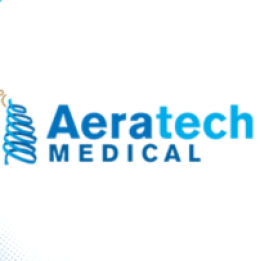
Every year from February 7th to 14th, we observe Congenital Heart Defects (CHD) Week, shedding light on a critical aspect of health that affects individuals from birth. CHD are structural abnormalities in the heart that occur during fetal development, leading to a range of conditions with varying degrees of severity. This guide provides a comprehensive understanding of CHD, including their causes, symptoms, diagnostic methods, and treatment options.
What are Congenital Heart Defects?
Congenital Heart Defects are anomalies in the heart's structure that are present at birth. These defects arise during fetal development when the heart fails to form correctly. The spectrum of CHD is broad, ranging from mild murmurs to complex defects requiring intricate surgical interventions.
Causes and Risk Factors
Several factors contribute to the development of CHD, including:
- Genetics: Some CHD have a genetic component, meaning they can be inherited from parents.
- Certain Medications or Exposures: Exposure to certain medications or environmental factors during pregnancy can increase the risk of CHD.
- Maternal Health Conditions: The health of the mother during pregnancy can play a crucial role in the development of CHD.
Symptoms
Congenital Heart Defects often go undetected at birth, and symptoms may not manifest until later in life. However, some common signs include:
- Blue-Tinged Skin (Cyanosis)
- Difficulty Breathing
- Fatigue
- Palpitations
- Chest Pain
Diagnosis
Diagnosing CHD involves a combination of methods:
-
Physical Exam: Listening for heart murmurs using a stethoscope.
-
Imaging Tests: Techniques such as echocardiogram, chest X-ray, MRI, and cardiac catheterization are commonly used to visualize the heart's structure and blood flow.
Treatment Options
Treatment for CHD depends on the type and severity of the defect. Some mild defects may require no intervention, while others may necessitate:
-
Medications: To manage symptoms and improve heart function.
-
Catheter Procedures: Minimally invasive interventions to repair or correct certain defects.
-
Open-Heart Surgery: For more complex defects that require surgical intervention.
-
Heart Transplant: In severe cases where the heart is irreparably damaged, a transplant may be considered.
As we conclude this guide during Congenital Heart Defects (CHD) Week, it is crucial to emphasize the importance of awareness, early detection, and comprehensive care for individuals affected by CHD. If you or someone you know is facing the challenges associated with congenital heart conditions, seeking specialized care is essential.
If your child needs specialized care, Aeratech is here to help. Our dedicated staff is trained to meet the unique healthcare needs of children, including those with congenital heart defects. We understand the complexities involved and are ready to support your child and your family on this journey. Contact our team today for more information.
January 30, 2024 by Aeratech Medical


